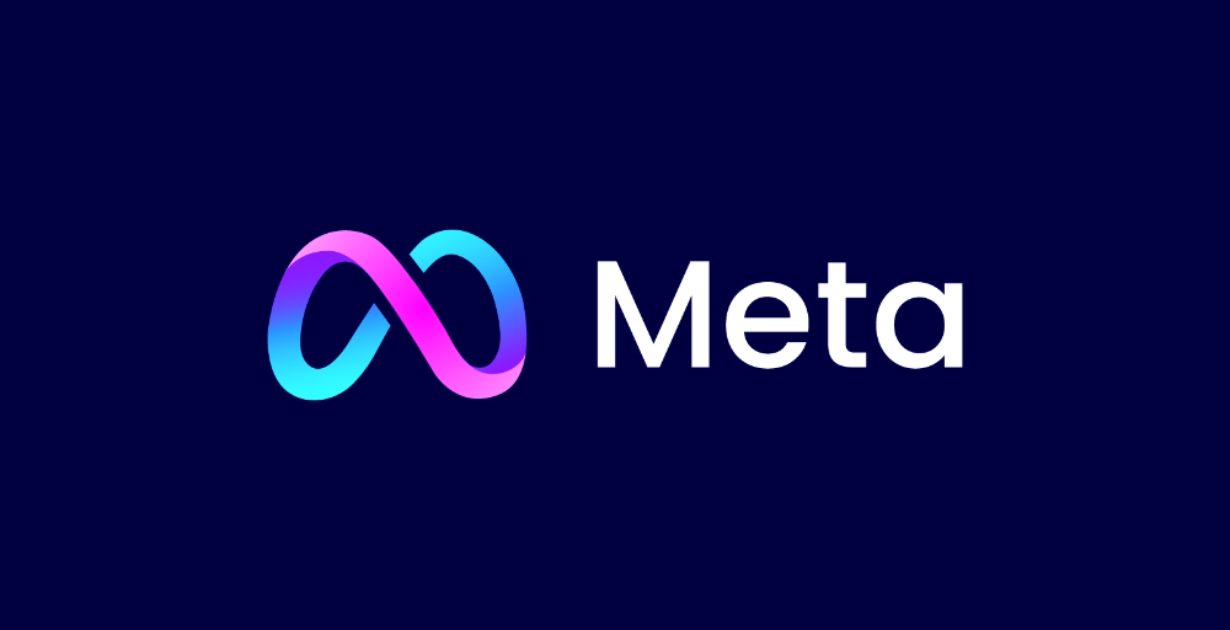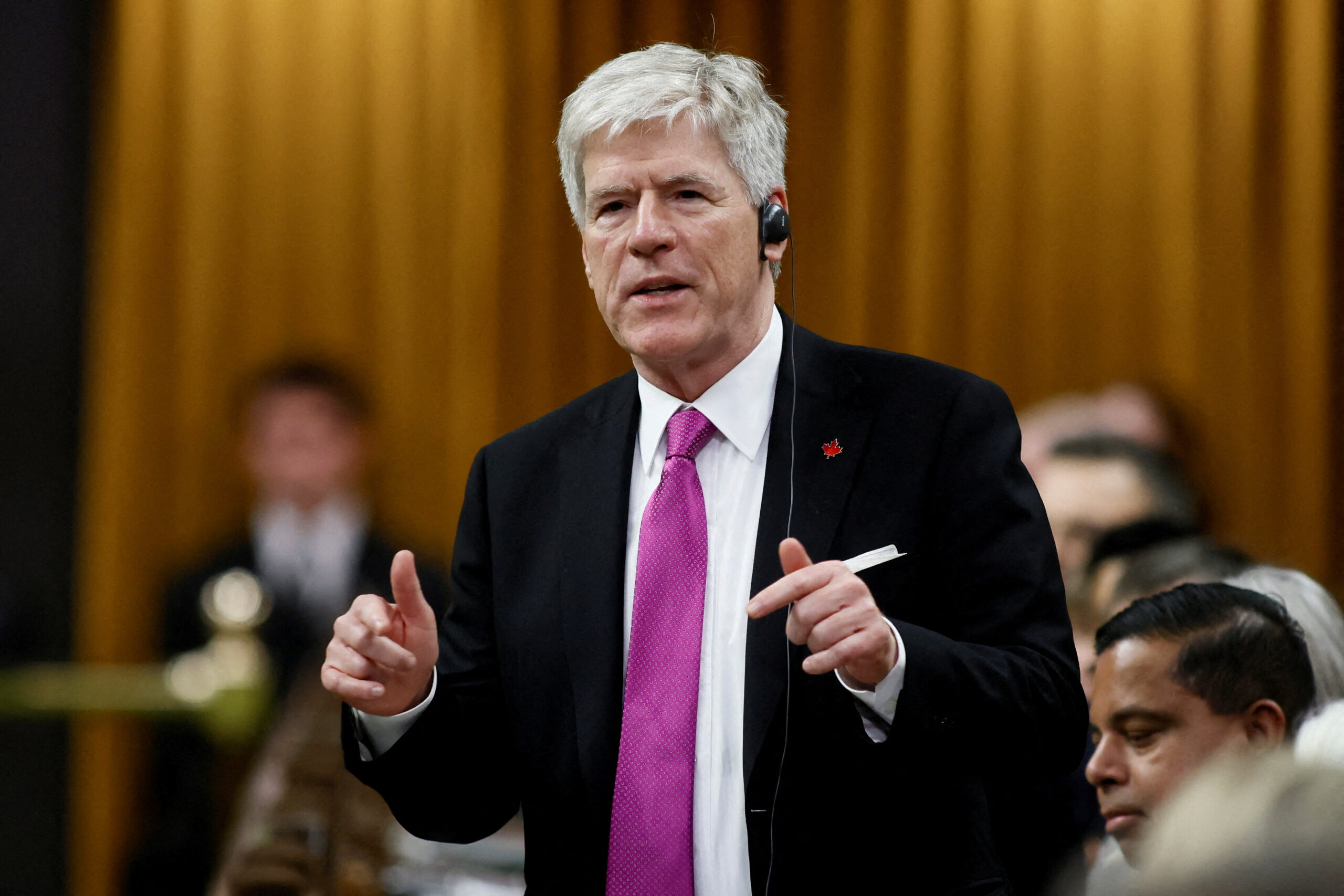Meta Offering Multimillion-Dollar Pay for AI Researchers
Meta is definitely offering hefty multimillion-dollar pay packages to AI researchers when wooing them to its new superintelligence lab.
But no one is really getting a $100 million “signing bonus,” according to a poached researcher and comments from a leaked internal meeting.
During a company-wide all-hands meeting on Thursday leaked to The Verge, some of Meta’s top executives were asked about the bonuses that OpenAI CEO Sam Altman said Meta had offered to top researchers.
Meta’s CTO Andrew Bosworth implied that only a few people for very senior leadership roles may have been offered that kind of money, but clarified “the actual terms of the offer” wasn’t a “sign-on bonus.
It’s all these different things.” In other words, not an instant chunk of cash. Tech companies typically offer the biggest chunks of their pay to senior leaders in restricted stock unit (RSU) grants, dependent on either tenure or performance metrics.
A four-year total pay package worth about $100 million for a very senior leader is not inconceivable for Meta. Most of Meta’s named officers, including Boswell, have earned total compensation of between $20 million and nearly $24 million per year for years.
Altman was “suggesting that we’re doing this for every single person,” Bosworth reportedly said at the meeting.
“Look, you guys, the market’s hot. It’s not that hot.” (Meta did not immediately respond to our request for comment.)
On Thursday, researcher Lucas Beyer confirmed he was leaving OpenAI to join Meta along with the two others who led OpenAI’s Zurich office.
He tweeted: “1) yes, we will be joining Meta. 2) no, we did not get 100M sign-on, that’s fake news.” (Beyer politely declined to comment further on his new role to TechCrunch.)
Beyer’s expertise is in computer vision AI. That aligns with what Meta is pursuing: entertainment AI, rather than productivity AI, Bosworth reportedly said in that meeting.
Meta already has a stake in the ground in that area with its Quest VR headsets and its Ray-Ban and Oakley AI glasses.
Still, some of the people Meta is trying to nab are indeed worthy of big pay packages in this tight AI talent marketplace.
As TechCrunch was first to report, Meta has hired OpenAI’s Trapit Bansal, known for his groundbreaking work on AI reasoning models. He had worked at OpenAI since 2022.
Certainly, Scale co-founder and CEO Alexandr Wang is getting a healthy chunk of cash, likely more than $100 million, as part of Meta’s deal to buy 49% ownership of his company.
As we previously reported, the $14 billion Meta is paying is being distributed to shareholders as a cash dividend.
Wang is almost certainly a major shareholder in Scale entitled to those dividends.
Still, while Meta isn’t handing out $100 million willy-nilly, it is still spending big to hire in AI.
One investor told TechCrunch that he saw an AI researcher get and turn down an $18 million job offer from Meta.
That person took a smaller, but still healthy offer, from a buzzier AI startup: Mira Murati’s Thinking Machines Lab.
US billionaire businessman and pilot Jared Isaacman flies in formation aboard a fighter jet over the SpaceX sign, close to the Starship spacecraft, before his third test flight from Starbase in Boca Chica, Texas, on March 13, 2024.
Elon Musk’s SpaceX announced it was eyeing March 14 as the earliest date for the next test launch of its giant Starship rocket, with which it hopes to one day colonize Mars.
Two previous attempts have ended in spectacular explosions, though the company has adopted a rapid trial-and-error approach in order to accelerate development.
news via inbox
Get the latest updates delivered straight to your inbox. Subscribe now!




